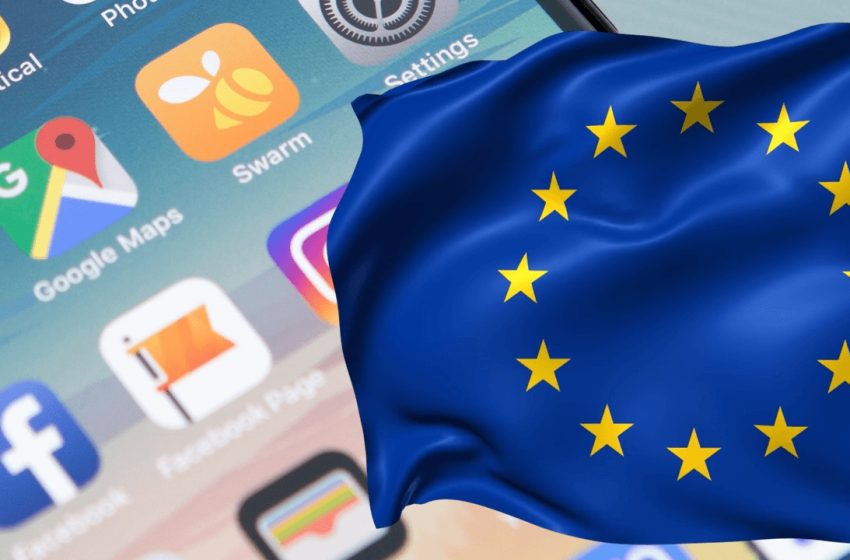
EBN – New data reveals a significant rise in digital lobbying spending within the European Union.
Evidently, 651 companies and associations collectively invest over €113 million annually, a 16.5% increase from €97 million reported in 2021.
The influence of Big Tech in these lobbying efforts is striking. Additionally, the top 10 digital corporations account for over a third of the total spending, contributing a substantial €40 million.
The surge in lobbying activity is being driven by landmark EU legislation designed to curb the power of tech giants.
Key legislative initiatives include the Digital Markets Act (DMA), the Digital Services Act (DSA), and the EU’s new AI rulebook.
These regulations are prompting technology companies to intensify their lobbying efforts, according to an analysis by NGOs Corporate Europe Observatory (CEO) and LobbyControl.
Calls for Stricter Regulations
Both CEO and LobbyControl are now advocating for stringent lobbying regulations to address the disproportionate influence of tech companies.
This analysis is based on the annual declarations submitted by companies to the EU’s Transparency Register.
However, it should be noted that this data represents only a portion of the broader lobbying landscape. Indeed, this data does not encompass activities conducted by consultancy firms on behalf of corporations.
Bran Vranken of CEO expressed concerns about the undue influence of digital giants on EU decision-making.
He further emphasised the need to prevent the erosion of vital legislation, like the Artificial Intelligence Act, and uphold democracy.
Lobbying: “Preferred Tool”
Tech companies are increasingly viewing lobbying EU regulators as a “preferred tool” for addressing the rigorous digital regulations being imposed by the EU.
Alberto Alemanno, Jean Monnet Professor of European Union Law at HEC Paris and founder of The Good Lobby, noted that Big Tech’s lobbying tactics differ significantly from those of other corporations.
He also described their approach as characterised by lavish spending and aggressive methods, rooted in their self-proclaimed expertise in technology.
These companies assert their epistemic primacy, essentially conveying the message that they understand technology best and can ensure people’s protection.
As digital lobbying continues, discussions surrounding the need for more transparent regulation are likely to intensify in the EU.


